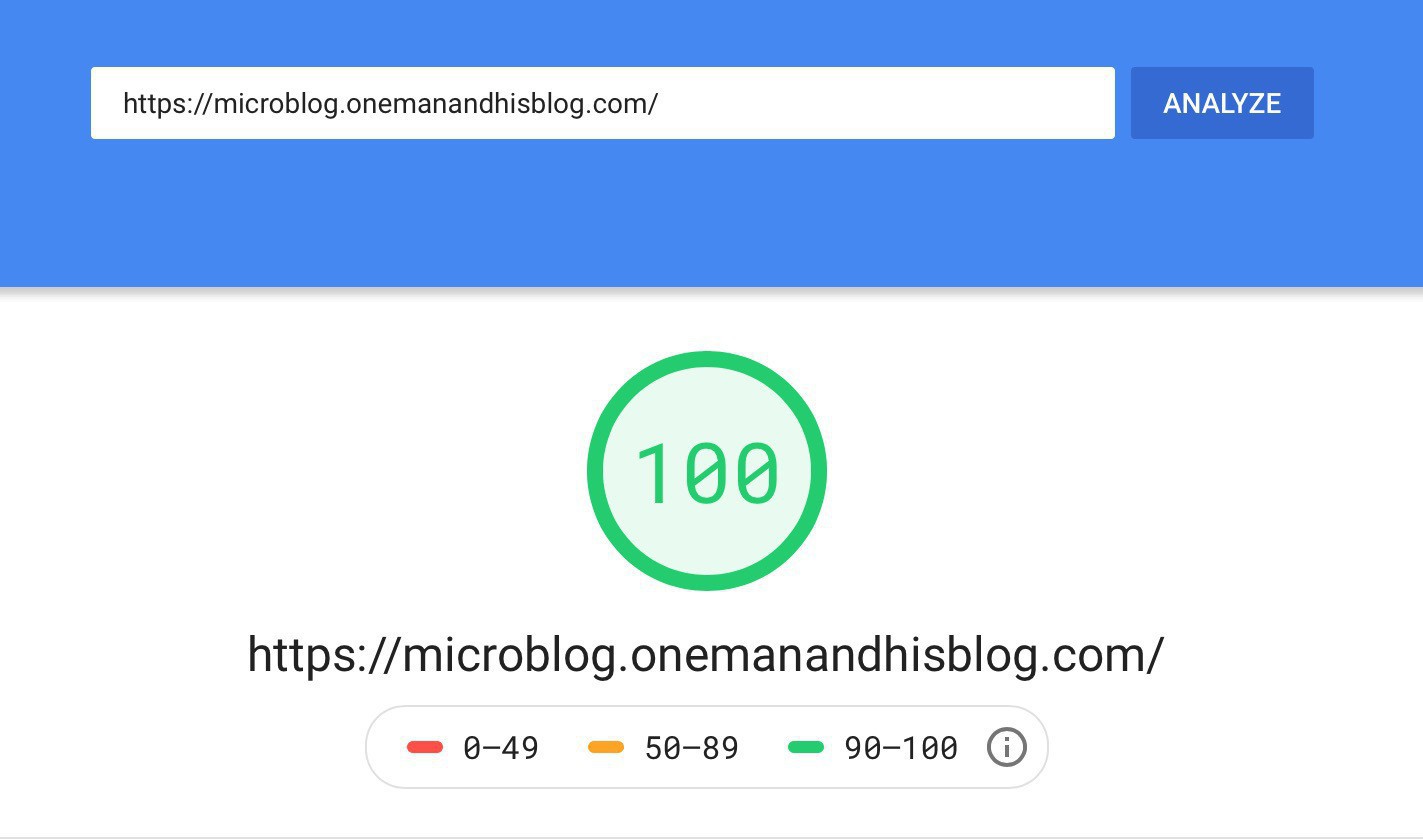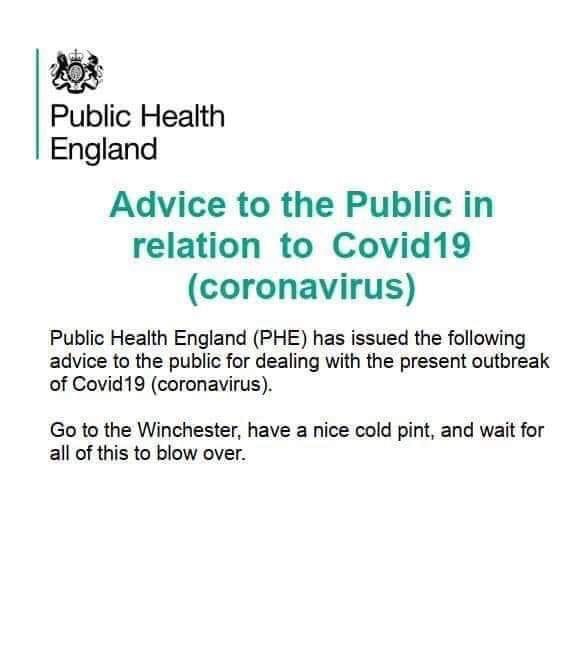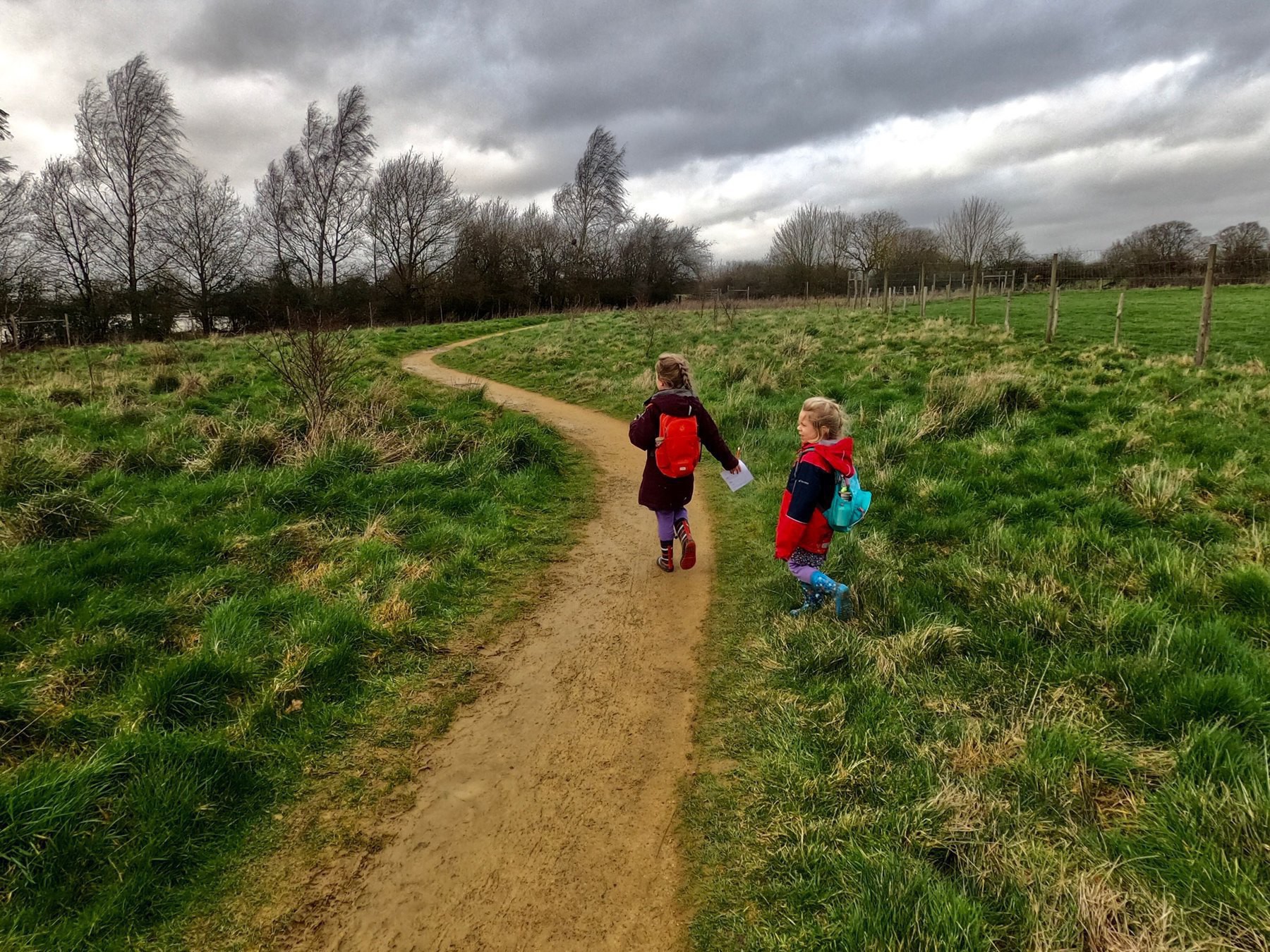2020
I have managed quarter of a century as a journalist without hearing the phrase “fronted adverbial”. But now I am a parent of a primary school child, it is imperative I know it, apparently.
Children in school. Bird food topped up. Dishwasher on. Coffee made.
Dammit. It’s time to do some work.
I do wonder if the double-whammy of the climate crisis and the coronavirus might make us think a little harder about how and why we travel - and maybe help us enjoy digital’s ability to keep us globally connected while relishing where we live, too.
David Allen Green’s characterisation of us entering “Brexit: Season 2" is a useful one, I think: Brexit: the end of the beginning
Actual interview with actual scientist for those who are overwhelmed by inexpert hot takes on COVID-19: Coronavirus’s Genetics Reveal Its Global Travels
Craig Mod, in his Roden newsletter:
“What I find most dangerous about Twitter is that it can generate similar chemical feelings to having done “the work,” when in fact, you haven’t done the work. You’ve just micro-plastic’d idea potential.”
Trees and the climate crisis
I do worry, however, that a destructively naive view of nature and a rush to get trees in the ground will sweep all before it. We risk repeating the errors of the past and once again cause great ecological damage. Simple solutions to complex problems are always wrong.
Tree-planting has a role to play in combating the climate crisis - but it’s not everything, it appears. That brings us back to rewilding.
I was doing some site analysis for a client, when it occurred to me that I’d never registered my micro.blog account for search console, or anything like that. So I did. And then I ran it through Page Speed Insights.
Well played, @manton. Well played indeed.

The government just made us look untrustworthy on the world stage
The Law and Policy Blog, David Allen Green: The moral hazard of the United Kingdom casually breaching the Political Declaration:
In effect: the Unite Kingdom is sending a signal of “don’t trust us, insist on strict legal obligations”. And this signal is not just being sent to European Union – the signal is now being broadcast to every nation in world, to all the countries where, post-Brexit, United Kingdom may want to have “trade agreements”. The United Kingdom may think it is saying to EU “screw you” but in fact it is telling the world “screw us”.
If this is political posturing in search of a better deal, I think they may have failed to think through the consequences.
Interesting piece from The Atlantic suggesting that the coronavirus is likely to join the cold and the flu as a persistent part of our lives.
This is an absolutely fantastic essay on how fragile the cultural works created on the web have become, through the lens of the late Clive James’s website: Internet Amnesia.
How much more vulnerable is all that creativity locked away in the big social platforms?
Nic Tinworth, Hong Kong trail community legend, dies aged 44.
This is sad news. Nic and I were probably distantly related, as there aren’t an awful lot of Tinworths in the world. He was one of the first other Tinworths I encountered on social media, and we end up chatting occasionally as a result.
Best wishes to his family at a difficult time:
“I’ve been thinking a lot about legacy,” he said when I last saw him in January. “What is legacy? My legacy is the amount I’ve raised for charity. Through RaceBase, we’ve raised HK$1.5 million. No matter when I’m gone, I’ve still raised that amount. When my daughter grows up, she’ll know her dad raised $1.5 million for charity.”
Well, this is troubling. ¼ of all climate crisis tweets appear to be generated by bots - and 95% of them take a denialism position.
This, of course, gives real denialists an outsize sense of their own support - and makes conversion of people to the “cause” more likely.
This post by Euan Semple, which is an expression of moral relativism (or adjacet to it, at least), feels both elementally true to me - but also a dangerous way to think about one of the things he mentions: Facebook.
It feels, at some level, that it lets the people in charge off the hook.
Thoughts?
Brexit consequences: Google moving UK data to the US - where data protections are weaker.
Polarisation wears an unexpected face in today’s Engaged Reading Digest.


